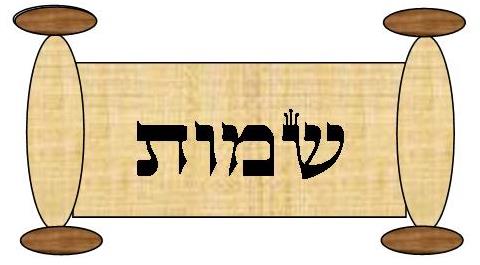In this week’s Parsha, the Torah says, “A new king arose over Egypt who did not know Joseph.” There are two explanations of this Pasuk. The standard explanation is simply that the old king died. As it had been many years since Yosef’s rise to power and since Yosef was already dead, the new king no longer appreciated Yosef’s contribution to Egypt. Therefore, this new king had no problem with persecuting the Jews. The other explanation is not quite so simple but much more disturbing. Many commentaries say that in fact this was the same king that ruled during Yosef’s rise to power. So why does the Torah say the new king did not know Yosef? Of course this king knew Yosef. It is explained that at this time the Egyptians were starting to fear the large number of Jews in Egypt, but could do nothing about it because the king, Pharaoh, was in obvious gratitude towards the Jews. Eventually the people became impatient and began to put pressure on the Pharaoh to make a bold move against the Jews. The Pharaoh soon caved in to all the pressure and essentially became a new king, one who did not know Yosef, he chose to ignore Yosef.
“Every son that is born you should cast into the river” (Exodus 1:22)
In order to curb the enormous population growth of the Jewish people, Pharaoh proclaimed this edict, sentencing any newborn baby boy to drowning in the Nile.
The Gemara (Sotah 11) relates that when Pharaoh was unsure as to how to stop the Jews from growing more numerous, he asked three of his advisers for guidance. Bilaam, the first advisor, gave advice to throw the babies into the Nile. Iyov, the second, kept silent and Yisro, the third, ran away. As a result of these actions Bilaam was killed by Hashem, Iyov got tremendous suffering and Yisro merited children who sat in the Sanhedrin.
From here we learn the tremendous power of Tochacha (rebuke). Iyov, a G-d fearing man, kept silent rather than rebuke Bilaam for his advice. For this abstention of rebuke, Iyov got the worst sufferings in the world. (In fact, a whole Sefer of Tanach describes his tribulations.)
Yisro, on the other hand, ran away, which is only a small form of rebuke, yet was immensely rewarded by having children who converted and became Torah giants and adjudicators in Sanhedrin, a great honor.
Now it is clear the power of rebuke. If we see a friend sinning, we must realize that it is our obligation and a mitzvah from the Torah to tell our friend of the wrong they are committing. If we do not, as in the case of Iyov, terrible punishment may be the result. But if we do, then our reward will be great. May we all merit such honor and greatness as a result of fulfilling the Torah’s commandments.
Prepared by Devorah Abenhaim







